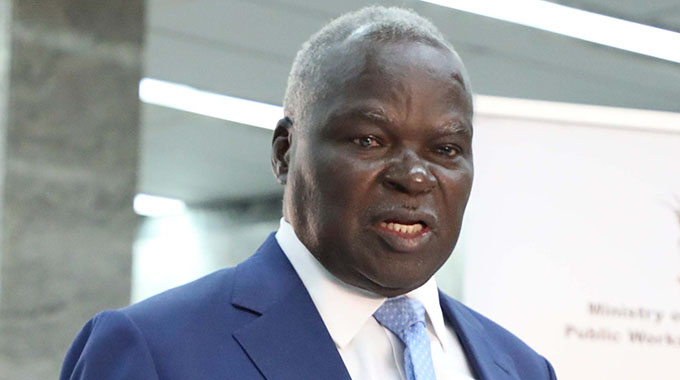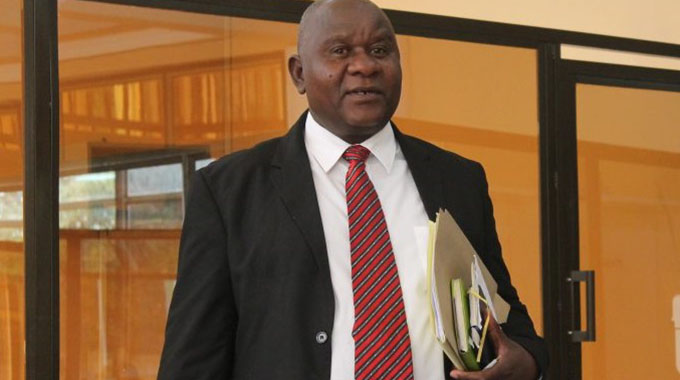Disaster management key part of Vision 2030: Moyo

Rumbidzayi Zinyuke Manicaland Bureau
Disaster management is an integral part of Government’s Vision 2030 as disasters such as Cyclone Idai can retard development, Local Government Public Works and National Housing Minister July Moyo has said.
In a speech read on his behalf by permanent secretary Mr George Magosvongwe, during a workshop on validation of multi sectoral impact assessments and lessons learnt from the Cyclone Idai disaster, Minister Moyo said Government would embrace both negative and positive lessons from the disaster.
“The workshop is expected to analytically glean lessons on the management of this disaster. Some lessons will be negative thus calling for improvements and changes. These are to be embraced as they afford opportunities not just for reform but growth in skills proficiency: intellectual capability and even emotional maturity in some instances, thus enhance readiness to adapt to the evolving and increasingly complex nature of disasters. The positive could be much less, but those too, must be acceptable,” he said.
“As we have all witnessed, disaster impacts can retard development.”
Minister Moyo said Government had a primary responsibility to ensure efficacy in disaster and emergency management in line with President Mnangagwa’s nineteen-point decree issued in the aftermath the disaster.
Speaking at the same event, United Nations Development Programme (UNDP) assistant resident representative, Ms Anne Madzara, said in the aftermath of disasters, there was need for affected countries to invest significant resources to address recovery needs.
“These should be guided by a comprehensive assessment that estimates damages and losses, and identifies the needs of the affected population. In many instances, a Post Disaster Needs Assessment (PDNA) is the first step towards developing a holistic recovery programme that promotes equity and inclusion assessment that estimates damages and losses, and identifies the needs of the affected population,” she said.
She said Zimbabwe’s failure to conduct a PDNA was justifiable but several agencies from Government, UN and NGOs had deployed teams to the affected area to conduct impact assessments after the disaster.
“It has become clear that a lot of information now exists, and there is need to develop a full narrative on the impact of the cyclone to inform recovery efforts which have largely been spontaneous, and not fully informed by what is happening across other sectors, “ said Ms Madzara.
She urged stakeholders to use the meeting to identify opportunities to foster integrated solutions.










Comments